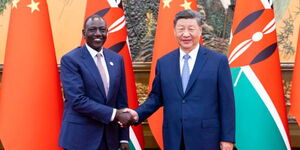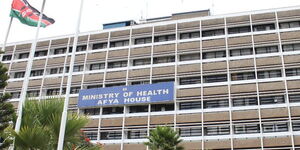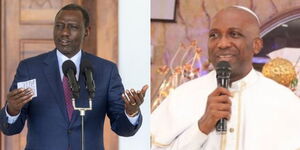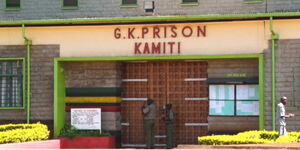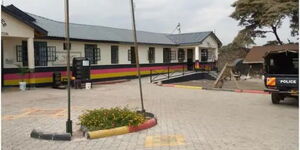Infotrak CEO Angela Ambitho has clarified confusion surrounding the cost of living as contained the new poll released on February 28 noting that the different views were made by respondents in different social classes.
In the report, 10 per cent of the respondent strongly believed that the cost of living was affordable and praised the direction President William Ruto's government had taken. 73 per cent of the respondent, however, emphatically noted that the cost of living was too high.
Appearing on Citizen TV on Tuesday, Ambitho explained that the 10 per cent of Kenyans, out of the 22 per cent who believed that the country was headed in the right direction, belonged to a different social class.
“The ones who are saying that the cost of living is okay should not bother us that much because these are people who don't even go out and vote.
“Those are people that will never feel the pinch of the economy. They are not the people we should be taking seriously,” Ambitho stated.
The CEO explained that most Kenyans believed that the country was going through difficult economic times and that should have alarmed political leaders who were voted into power to serve the people.
She added that the struggle many people were undergoing was a result of a big percentage of Kenyans living on minimum wage because of informal employment.
“Majority of Kenyans live on minimum wage, many Kenyans are informally employed. These are the people who matter.
“The others have investments in foreign lands and can afford to take their children to foreign schools. When they get sick, they don't even go to public hospitals,” Ambitho added.
According to the poll released by Infotrak, 10 per cent of Kenyans out of the 22 per cent who believed that the country was headed in the right direction, stated that the cost of living was affordable.
However, 62 percent of the respondents believed that the country was headed in the wrong direction with 73 per cent mentioning the high cost of living as a major reason
Other main concerns in the report included the cost of living, unemployment, and quality of education making it in the top three list with other mentions like agriculture, insecurity, and poverty reduction.


